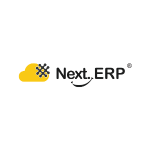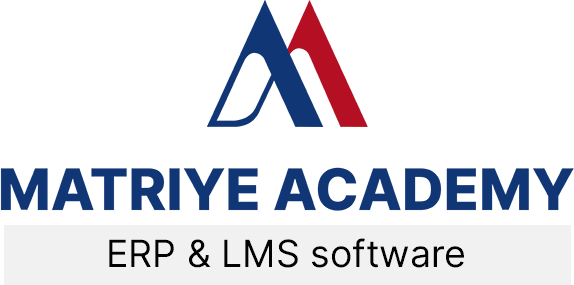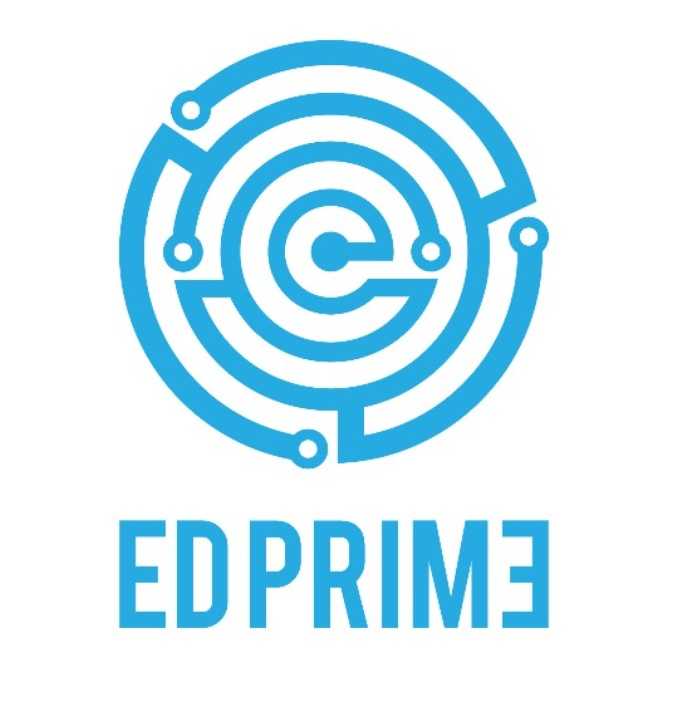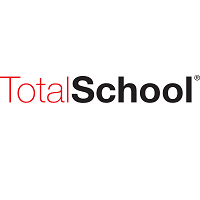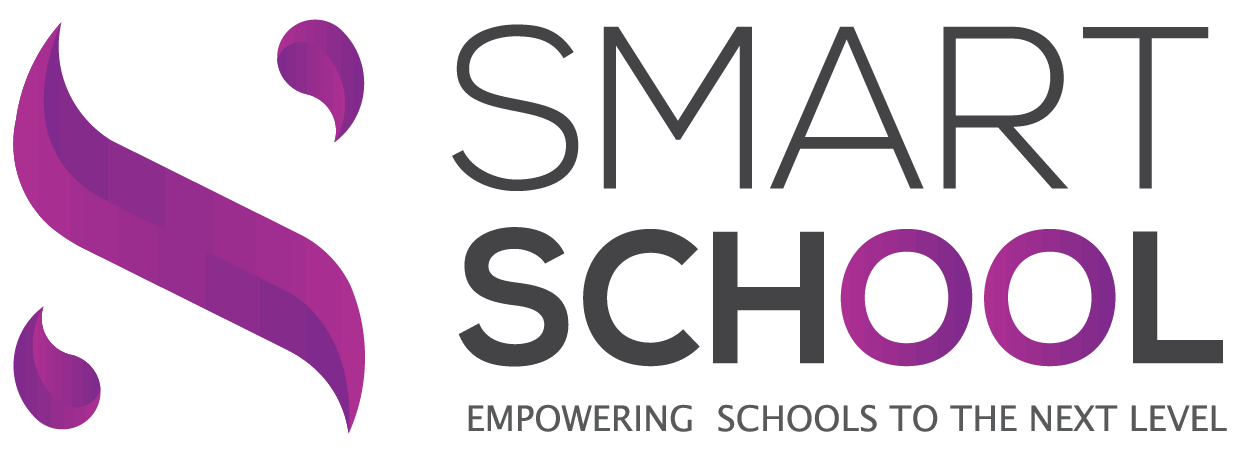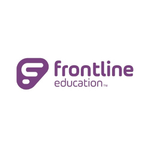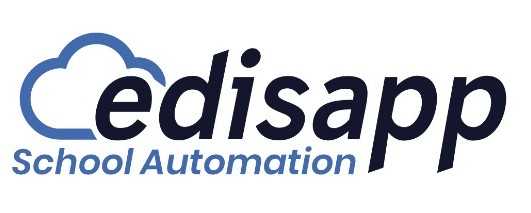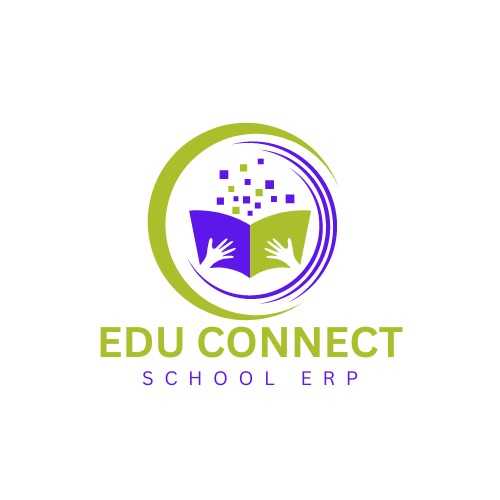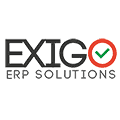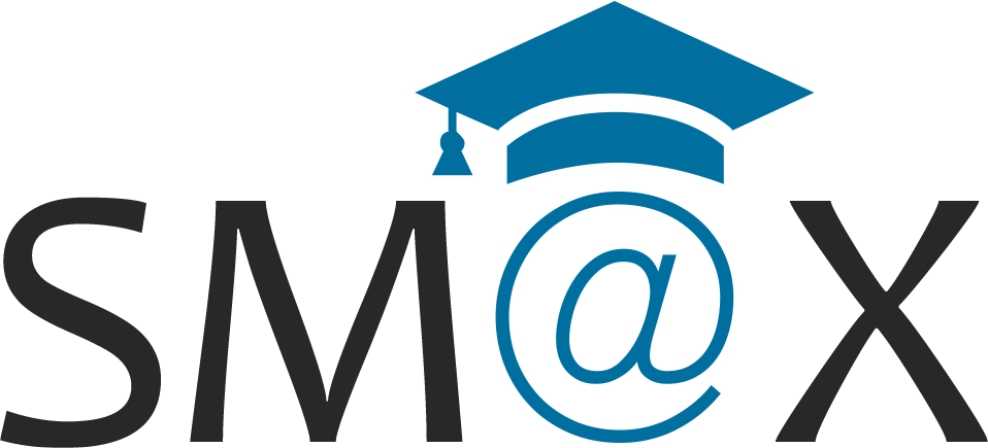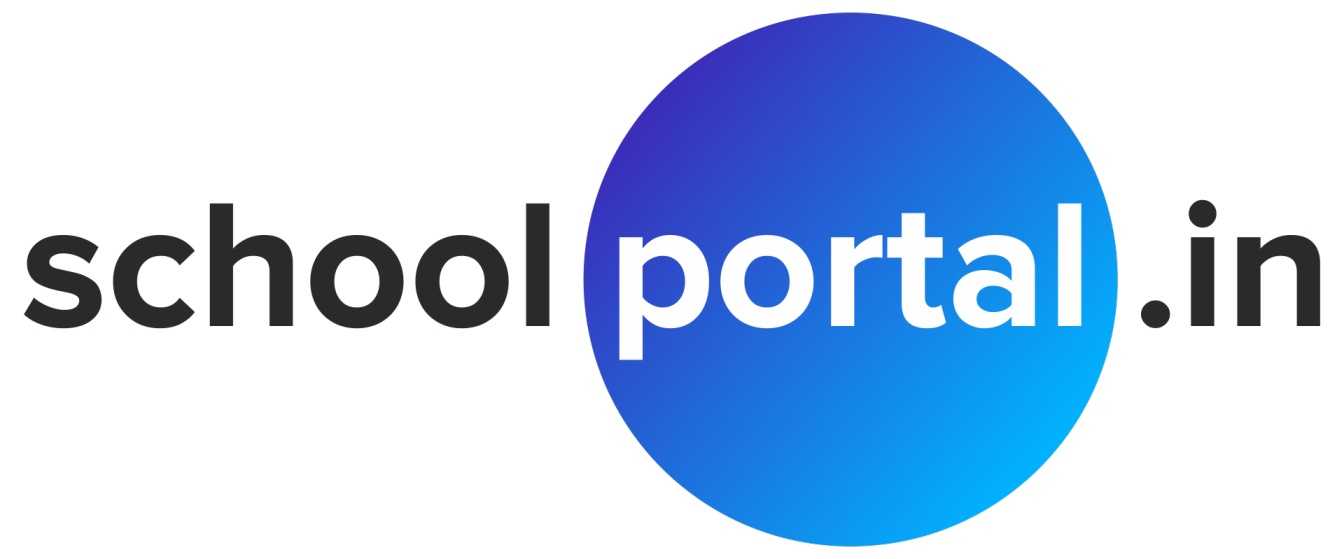Yes, school ERP software may be accessed from various devices and platforms. It is meant to work with a variety of devices, including desktops, laptops, tablets, and smartphones. You can access the software from any device, including Windows, Mac, Android, and iOS. This ensures that kids, instructors, and parents can communicate and access critical information at any time and from any location.
List of 20 Best School ERP Software
NextERP School ERP, an advanced and effective school management software developed by Next Education. This cloud-based platform automates administrative functions to simplify day-to-day operations. It offers a wide range of features for efficient man...Read More NextERP School ERP
Matriye EdTech - our advanced ERP software simplifies institute management, while our inclusive LMS platform enables educators to create engaging lessons and track student advancement. With flexible solutions tailored to your specific requirements, M...Read More Matriye EdTech
EduTask is a cloud-based ERP software specifically designed for schools and colleges. Our secure and efficient solution simplifies management processes, providing a comprehensive platform for achieving excellence in education. Say goodbye to tedious...Read More EduTask
EdPrime is a Education Management system developed by educators specifically for educators. It is a one-stop solution for all education-related tasks, equipped with cutting-edge features and a user-friendly interface. Designed for teachers, administr...Read More EdPrime
Edukit is a software designed specifically for schools, colleges, coaching institutes, and tutors. This all-in-one solution seamlessly integrates School Management (ERP), eLearning (LMS), Website and Blog (CMS), and marketing operations, making it ea...Read More Edukit
TotalSchool - a cloud-based school management system designed to streamline data management. Students can easily access their records and updates through its intuitive interface. With its efficient organization, TotalSchool handles all school informa...Read More TotalSchool
Smart School - the leading ERP solution designed specifically for schools and educational institutions. With its advanced features and seamless integration with mobile applications, Smart School has become a trailblazer in School Management Systems...Read More SMART SCHOOL
CLOBAS is a cloud-based solution for campus management. Improve efficiency, growth, and operations with advanced features and real-time data. Manage every aspect of your institution from a centralized platform and bid farewell to manual processes. Ex...Read More CLOBAS
Frontline School ERP is a software solution for efficient school administration, effective human capital management, and streamlined business operations. With a proven track record of over 25 years, this software is designed to empower educators and...Read More Frontline School ERP
Edisapp School Management ERP is a academic solution designed specifically for schools. Our robust platform offers a wide array of advanced features, cutting-edge technology, and utmost data protection. Take advantage of complete personalization with...Read More Edisapp School Management ERP
Edukites is a School Management software designed to streamline administration tasks for educational institutions. It provides a wide range of modules to cater to the needs of administrators, teachers, students, parents, HR, accounting, hostel manage...Read More Edukites
EduConnect is a school ERP software on the market. Our program offers a user-friendly interface, effortless navigation, and in-depth reporting capabilities, making the management of school operations a seamless experience. Say farewell to mountains o...Read More EduConnect
Exigo ERP solution for smooth school management. Streamline all operations with admission, attendance, fee collection, exams, library, staff management, and store all in one platform. Keep parents and teachers in the loop with our Android app and RFI...Read More Exigo ERP
Wise School ERP solution for schools to streamline their operations. Backed by 40+ user-friendly modules, our ERP streamlines administrative tasks at all levels. Our track record of satisfied clients speaks volumes about our efficiency. Trust Wise fo...Read More Wise school ERP
SMAX is a software solution for higher education institutions. Revolutionize your student information system with this web and mobile application, offering a seamless and intuitive interface. Say goodbye to paperwork and hello to streamlined processe...Read More SMAX
Ellucian Education ERP is a tailor-made solution for higher education institutions. This all-inclusive platform automates admissions, streamlines student access, improves record management, increases faculty engagement, and tracks key operational met...Read More Ellucian Education ERP
Schoolportal is a cloud-based school management system that prioritizes efficiency, speed, and data security. Our user-friendly features and dedicated support from experienced professionals make daily academic tasks a breeze, freeing up your valuable...Read More Schoolportal
3ischools is a and cost-effective Unified ERP software that promotes scalability and accessibility for users. Featuring tools like the Admission Manager, School Time Table, Fee Manager, Examination and Results, and GPS tracking for School buses on th...Read More 3ischools
Global School is school management solution that brings together students, parents, teachers, and school management in a seamless and efficient manner. Developed by the expert team at Global Intelligence Software Limited, this software simplifies com...Read More Global School
SkillaERP is a education management software designed to enhance the overall efficiency of institutions. With its advanced AI tools and automated reporting, SkillaERP simplifies course management, tracks student data, and monitors attendance. This co...Read More skillaERP
Learn More About School ERP Software
- What Is School ERP Software?
- What Are The Recent Trends In School ERP Software?
- Benefits Of Using School ERP Software
- Important Factors To Consider While Purchasing School ERP Software?
- What Are The Key Features To Look For In School ERP Software?
- Why Do Businesses Need School ERP Software?
- How Much Time Is Required To Implement School ERP Software?
- What Is The Level Of Customization Available In School ERP Software?
- Which Industries Can Benefit The Most From School ERP Software?
- Conclusion
What Is School ERP Software?
School ERP software, often known as school management software, is a comprehensive solution used to help educational institutions optimize their daily operations. It is a digital solution that brings together numerous areas of school management, such as student information, administrative responsibilities, academic activities, and communication, on a one platform.
This program reduces the need for manual processes and paperwork, allowing instructors, administrators, and parents to view and manage information from anywhere. It increases efficiency and transparency throughout the educational system, allowing stakeholders to focus on providing quality education to students. One of the most important components of school ERP software is its student information management system, which keeps all relevant student data such as personal information, attendance records, grades, and academic performance.
Authorized professionals can access this data, allowing them to track individual student development and identify opportunities for improvement. Another important feature of school ERP software is its administrative capabilities, which help school administrators streamline their daily responsibilities. These tools include fee management, admissions, human resource management, inventory management, and others.
With these features, school ERP software simplifies and automates administrative operations, saving time and effort on these chores. Furthermore, school ERP software provides communication and collaboration solutions to bridge the gap between instructors, administrators, parents, and students. These tools include online parent portals, messaging systems, and even mobile apps, which enable seamless communication and real-time updates on students' progress and school events.
What Are The Recent Trends In School ERP Software?
In recent years, there has been an increase in demand for School ERP software among educational institutions. This has resulted in the creation of new trends in the development and application of educational ERP software. As a buyer, it is critical to stay current on these trends in order to make an informed selection when selecting school ERP software for your school.
We will look at the latest trends in school ERP software and how they might help your school.
1. Cloud-Based Solutions: One of the most significant trends in school ERP software is the migration to cloud-based solutions. Cloud-based ERP solutions have numerous benefits, including remote access, scalability, and cost-effectiveness. With this trend, schools no longer need to invest in expensive hardware and IT infrastructure because all data is saved on the cloud. This allows for easier collaboration among teachers, students, and parents, making communication and information exchange more efficient.
2. Mobile Integration: As the number of mobile devices has grown, there has been an increasing demand for school ERP software to be mobile-compatible. This trend has resulted in the creation of mobile applications that enable users to access the ERP system via their cellphones or tablets. This allows teachers, students, and parents to stay in touch and receive updates on grades, attendance, and other essential information on the go.
3. Artificial Intelligence: Artificial Intelligence (AI) has become a buzzword in recent years, and it is now making its way into educational ERP software. AI-powered ERP systems can analyze data, detect patterns, and deliver insights to assist schools in making data-driven decisions. This trend is predicted to transform the education sector by providing tailored learning experiences for students and streamlining processes for institutions.
4. Integration With Other Tools: Another development in school ERP software is the integration of additional tools and applications. This enables schools to streamline their operations by linking the ERP system to additional technologies, such as learning management systems, assessment tools, and communication platforms. Integration removes the need to transition between systems, saving time and lowering the risk of data entry errors.
5. Data Security: Data security is a big concern for schools, and with the rise of technology in education, it is more important than ever. This has resulted in a tendency among school ERP software companies to prioritize data security and include safeguards to secure sensitive information. Buyers should check that the ERP software they purchase complies with data privacy requirements and includes robust security features.
Benefits Of Using School ERP Software
School ERP software, also known as School Management System, is a comprehensive and integrated software system for managing all areas of a school's operations, such as academic, administrative, and financial activities. With the advancement of technology in education, school ERP software has become a crucial tool for schools of all sizes, providing several benefits to help them complete their daily work more efficiently and smoothly.
1. Streamlining Administrative Processes: School ERP software automates critical administrative processes such as student enrollment, attendance monitoring, and examination management, decreasing school staff effort and allowing them to focus on other vital responsibilities. It also reduces the possibility of errors and delays in data processing, making the overall process more efficient.
2. Efficient Communication And Collaboration: School ERP software allows instructors, parents, and students to communicate seamlessly. The platform makes it easy to share crucial information like class schedules, assignments, and grades with parents and students, fostering transparency and increasing parental involvement in their child's education.
3. Secure Data Management: School ERP software provides a single database for storing, accessing, and managing all school-related data, such as student records, financial information, and academic results. The stored data is encrypted and accessible only to authorized personnel, protecting the information's confidentiality and security.
4. Time And Cost Savings: Using school ERP software can greatly save the time and money spent on administrative tasks. Automated processes demand fewer resources, which saves money for schools. It also reduces paperwork and data entry, resulting in a more environmentally friendly school atmosphere.
5. Customizable And Scalable: School ERP software is easily configurable to meet the unique demands and requirements of each school. As the school grows, the software can be scaled to handle the increased effort and data volume, making it a long-term investment.
6. Real-Time Data Analytics: School ERP software offers real-time data analytics and reporting, allowing administrators to obtain insights into different elements of the school's operations, including enrollment patterns, fee collection, and student performance. This information can be utilized to make more informed decisions and improve the overall operation of the school.
Important Factors To Consider While Purchasing School ERP Software?
When it comes to school administration, having a reliable and efficient system in place is critical. School ERP software is intended to streamline different administrative and pedagogical operations, making it a significant resource for schools. However, not all school ERP software is made equal, therefore certain considerations must be considered before making a purchase.
Here are some crucial factors to consider while selecting school ERP software:
1. Customization And Scalability: Each school has its own set of unique needs and criteria, which the ERP software should be able to meet. Consider the software's level of customisation and scalability to guarantee that it can expand and evolve with the school's changing needs.
2. Usability: The ERP software should be user-friendly and simple to navigate, especially for non-technical people. It should have a clear and intuitive interface that instructors, staff, and students can understand and use without requiring much training.
3. Integration Capabilities: In today's digital environment, software must be able to smoothly interface with other school-related systems and resources. This encompasses student information systems, learning management software, and accountancy software. It is critical that the ERP software includes integration capabilities in order to avoid data duplication and save time and effort.
4. Data Security And Privacy: Schools manage sensitive information, such as student and staff information, thus it is critical to select ERP software that prioritizes data security and privacy. It should have strong security measures in place to protect against cyber attacks and to ensure compliance with data protection rules.
5. Mobile Accessibility: With the rising usage of mobile devices, ERP software must be available on all devices, including smartphones and tablets. This enables smooth access to information and communication even outside of the school grounds.
6. Assistance And Training: Implementing new software can be stressful, so find a vendor who provides dependable assistance and extensive training to school staff. This guarantees a smooth transition and fully utilizes the software's capabilities.
7. Budget: ERP software is available at various price points, and it is critical to evaluate the school's budget before making a purchase. It is critical to strike a balance between value and cost, and to ensure that the software will provide a fair return on investment in the long term.
By taking these crucial elements into account, schools can make an informed decision about ERP software and select the best one for their purposes. Investing in the appropriate school ERP software can transform how a school works, resulting in enhanced efficiency, improved communication, and better student outcomes.
What Are The Key Features To Look For In School ERP Software?
School ERP software, or Education Resource Planning software, is intended to streamline and automate administrative and academic operations in educational institutions ranging from elementary schools to universities. With the increasing demand for efficiency and digitalization in modern education, it is critical for schools to select the appropriate ERP software that meets their specific requirements.
The following are the essential aspects to look for in school ERP software.
1. Student Management: One of the key tasks of ERP software is to handle student data, such as admission, enrollment, attendance, grades, and disciplinary records. To simplify the administration process, the software should have features such as a configurable dashboard, student profiles, and real-time data tracking.
2. Staff Management: In addition to student management, the program should have tools for managing staff information, such as qualifications, schedules, payroll, and performance reports. This can assist schools in successfully managing their personnel resources and ensuring smooth operations.
3. Academic Management: ERP software should include facilities for managing a school's academic activities such as class scheduling, lesson plans, curriculum management, and test management. This can shorten the academic process and allow teachers to focus on what is most important: teaching.
4. Financial Management: A good school ERP software should include strong financial management functions such as budgeting, invoicing, fee management, and financial reporting. This can assist schools in maintaining financial transparency, managing spending, and ensuring smooth financial operations.
5. Communication And Collaboration: Effective communication is critical in any educational institution, and a good ERP software should include features that facilitate communication among students, teachers, and parents. These capabilities may include email, messaging, and online portals for announcements, assignments, and progress reports.
6. Customization And Integration: Each school has its own set of requirements and workflows, and a decent ERP software should enable customization to fit those individual demands. It should also be able to work with other systems, such as learning management systems, student information systems, and accounting software.
7. User-Friendly Interface: An intuitive and user-friendly interface is critical for the effective implementation of ERP software in schools. It should be simple to navigate, with well-organized menus and rapid access to key features.
8. Mobile Compatibility: With the increasing use of mobile devices, school ERP software must be mobile-compatible. This means that the software must be accessible and effective on both mobile phones and tablets, allowing users to access information and complete tasks while on the go.
9. Data Security: Schools handle a large quantity of sensitive data, thus it is critical to select ERP software with strong data security mechanisms in place to avoid unauthorized access or data breaches.
10. Training And Support: Finally, you should assess the amount of training and support provided by the ERP software vendor. To guarantee that the program is implemented and used efficiently, it should offer thorough documentation, online tutorials, and dedicated customer support.
Why Do Businesses Need School ERP Software?
School ERP (Enterprise Resource Planning) software has become an indispensable tool for enterprises of all kinds, particularly in the education sector. This comprehensive software solution enables educational institutions to better manage and streamline their daily operations, resulting in increased efficiency, productivity, and overall performance.
Here are some main reasons why organizations should invest in school ERP software.
1. Centralized Data Management: School ERP software enables firms to store and manage all data in a single area. This simplifies the data management process, making it easier for employees and administrators to access and change information. With all data in one location, it reduces the need for different spreadsheets and paper-based records, lowering the possibility of errors.
2. Automates Time-Consuming Operations: One key benefit of school ERP software is its capacity to automate routine and time-consuming operations like attendance monitoring, exam management, and payroll processing. This functionality not only saves time and effort, but it also reduces the risk of human error.
3. Improved Communication: Effective communication is critical to the success of any organization, particularly in the education sector where there are several stakeholders. School ERP software offers an integrated communication platform that allows for seamless contact among parents, instructors, and students. This allows the timely and efficient sharing of information, resulting in a more collaborative learning environment.
4. Improved Financial Management: Effective financial management is essential in every organization, and schools are no exception. Budgeting, fee management, and financial reporting are all components of school ERP software that help organizations streamline their accounting processes and successfully manage their funds.
5. Enhances Decision-Making: In today's fast-paced corporate environment, making data-driven decisions is critical. School ERP software offers real-time data and analytics, allowing businesses to gain insights into numerous elements of their operations. This enables decision-makers to discover areas for improvement, distribute resources efficiently, and make educated decisions for the benefit of the organization.
How Much Time Is Required To Implement School ERP Software?
The implementation time for School ERP software varies depending on a number of factors, including the school's size, customization requirements, and software capabilities. Implementing a School ERP system can take anything from three months to a year. The first step in installing the software is the installation, which often takes a few days.
This includes setting up the server, configuring the database, and installing the required modules. The following phase is data migration, which entails moving all existing data from the school's former system to the new ERP system. This can take anything from a few weeks to a few months, depending on the volume of data and the intricacy of the transfer procedure. After the data has been properly moved, the system must be customized according to the school's specific requirements.
This includes defining roles and permissions, developing customized forms and reports, and interacting with other systems like accounting software. This stage might take anything from a few days to a few weeks, depending on how much customisation is required. After configuring the system, the next stage is testing. This is a critical stage that can take anywhere from a few weeks to a month to guarantee that the program is functioning properly and that all features are operational.
Any flaws or bugs discovered during testing are addressed and fixed before proceeding to the next level. After extensive testing, the system is ready to go live, and training comes into play. The school personnel and users must be instructed on how to use the new ERP system effectively. The training length varies based on the software's complexity and the number of users.
Overall, the implementation of School ERP software can take anywhere from three months to a year, depending on the school's size and complexity, customisation needs, and any unexpected obstacles that develop throughout the process. Working closely with the software vendor and having a well-defined implementation plan is critical to ensuring a smooth and effective software implementation.
What Is The Level Of Customization Available In School ERP Software?
The level of flexibility available with school ERP software varies by provider. However, as a buyer, you should grasp the many levels of customisation and how they might benefit your school's specific needs. At the most basic level, all school ERP software should allow for some modification of the user interface and access controls.
This means you may customize the software to match your school's branding and provide permission levels to different users. Moving up a notch, certain school ERP software may provide modular customisation, allowing you to select the features and modules you want included in your package. This can be advantageous for schools who have precise requirements and do not wish to pay for unneeded features.
Another type of customization is template-based customisation, which allows you to select from pre-designed templates for various functions such as report cards, attendance sheets, and class schedules. This can save time and effort in creating these documents from scratch. Custom development is an option for schools that require substantial modification.
This entails collaborating with the software provider to develop additional features or modules tailored to your school's requirements. While this may incur additional costs, it can significantly improve the usefulness of the software for your institution. It's crucial to note that the level of customisation offered may vary depending on the pricing plan you select. Some providers may provide more customization possibilities with higher-priced plans, whilst basic plans may have limited customization options.
Which Industries Can Benefit The Most From School ERP Software?
School ERP software, often known as Education Management Systems, is a comprehensive system for managing all areas of a school's operations, such as student data, academic records, finance, human resources, and so on. This innovative technology has become a must-have for modern institutions seeking to streamline and automate their operations. But which industries will profit the most from School ERP Software? Let us find out.
1. Education Industry: Of course, the education business benefits the most from School ERP Software. With the growing demand for digitalization in schools, this software enables educational institutions to manage and monitor all activities in a consolidated manner. School ERP Software manages everything from admissions and attendance to grading and scheduling, making life easier for instructors, students, and administrators.
2. Healthcare Industry: The healthcare industry stands to benefit considerably from School ERP Software, particularly when it comes to managing student medical records. The software, which includes customisable modules, may manage student health information, vaccination records, and medical crises. It enables schools to have a thorough understanding of their students' health, ensuring timely and effective care when necessary.
3. Government And Nonprofit Organizations: School ERP Software can also help government and non-profit organizations that provide education services. The program, which includes capabilities such as student enrollment monitoring, budget management, and donor management, streamlines their operations and allows them to focus on their primary objective of education.
4. Corporate Sector: The corporate sector can also profit from School ERP Software, particularly when it comes to handling employee training programs. The program allows firms to build and track employee training courses, monitor progress, and provide reports to ensure that their team has the appropriate skills and knowledge.
5. Real Estate Industry: The real estate market is not traditionally connected with schools, but with the rise of virtual classrooms and online learning, there is an increasing demand for School ERP Software in this area. Real estate companies that offer student accommodation can use this software to manage bookings, rent payments, and other administrative chores.
Conclusion
To summarize, selecting the appropriate School ERP software is critical to the success and efficiency of any educational institution. With the correct features and functionalities, it may simplify administrative duties, improve communication and collaboration, and, ultimately, improve students' overall learning experiences. When comparing possibilities, make careful to assess your individual objectives and goals and select software that meets them.
Look for essential features like attendance monitoring, grade management, and communication tools, as well as customizable options that may be adjusted to your school's specific needs. Consider considerations like ease of use, user support, and pricing while making your pick. A user-friendly program with a dependable support team may significantly simplify the deployment and adoption process.
Overall, investing in School ERP software can provide several benefits to your school and help you stay competitive in the ever-changing educational scene. With careful analysis and investigation, you may locate the ideal option that meets your requirements and budget. Keep these suggestions in mind and make an informed decision that will position your school for success.
School ERP Software FAQ's
Can School ERP Software Be Accessed Across Multiple Devices And Platforms?
Is School ERP Software Future-Proof And Adaptable To Emerging Technologies Like AI, Blockchain Or IoT?
Yes, school ERP software is intended to be future-proof and adaptable to new technologies such as AI, blockchain, and IoT. It is a highly adaptable and scalable system that can effortlessly interface with emerging technologies, making it future-ready.
School ERP software, which includes features such as automated processes, real-time data tracking, and advanced analytics, can improve school management efficiency and effectiveness while also keeping up with the continuously changing technology world.
Is There A Free Trial Offered To Assess School ERP Software Before Committing?
Yes, many school ERP software suppliers provide a free trial to evaluate their product before committing. This allows schools to evaluate the software's features, functioning, and usability before purchasing. It also allows them to determine whether the software satisfies their specific demands and expectations. It is recommended that you take advantage of these free trials to determine whether the school ERP software is a good fit for your school.
Does School ERP Software Offer Data Security Features And Meet Regulatory Compliance Standards?
Yes, most School ERP software includes advanced data security features like encrypted databases, user authentication, and access control to safeguard the confidentiality of sensitive school information.
Furthermore, these software solutions adhere to severe legal standards such as GDPR, FERPA, and HIPAA to safeguard student data privacy. This helps schools maintain compliance and build confidence with stakeholders, resulting in a secure and worry-free data management experience.
Can School ERP Software Integrate Seamlessly With Existing Tools And Platforms?
Yes, most modern school ERP software is intended to work easily with existing tools and platforms. This facilitates a smooth transition and guarantees that all data is synced and up to date across many systems. The integration procedure is often simple and may be completed with minimum IT support. This feature makes school ERP software a practical and effective choice for schools wishing to improve their operations.

